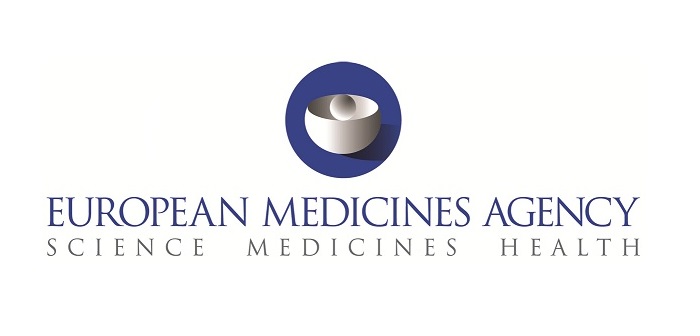The European Medicines Agency (EMA) has been asked to update its advice on the use in animals of colistin, the so-called antibiotic of last resort which is the focus of rising concern that some bacteria are becoming resistant to it.
The updating review, requested by the European Commission (EC), follows the discovery of a gene (called mcr-1) that causes bacteria to become resistant to colistin. First detected in bacteria isolated from pigs, pork and chicken products, and from a small number of humans in South China, the gene was subsequently found in the EU and more recently in bacteria and pigs in the UK.
Despite colistin being used for over 50 years in both humans and animals, the EC believes that recent discoveries justify an updating of its advice, issued in 2013, on the responsible use of colistin in animals, particularly pigs.
EMA has duly requested the re-convening of the Antimicrobial Advice Ad Hoc Expert Group (AMEG) which prepared the 2013 advice. At the time, AMEG recommended maintaining the use of colistin in veterinary medicine but only for the treatment of infected animals and for those in contact with them. It ended the use of colistin for preventive reasons, however, in line with the principles of responsible use.
Now, in light of current evidence, AMEG will assess whether or not its 2013 ruling needs to change.
The update will take account of the importance of colistin to human and veterinary medicine, the impact of resistance, the availability of alternative treatments and the effectiveness of possible risk management measures for the protection of public and animal health in Europe.
AMEG’s conclusions are expected to be finalised over the next six months.




